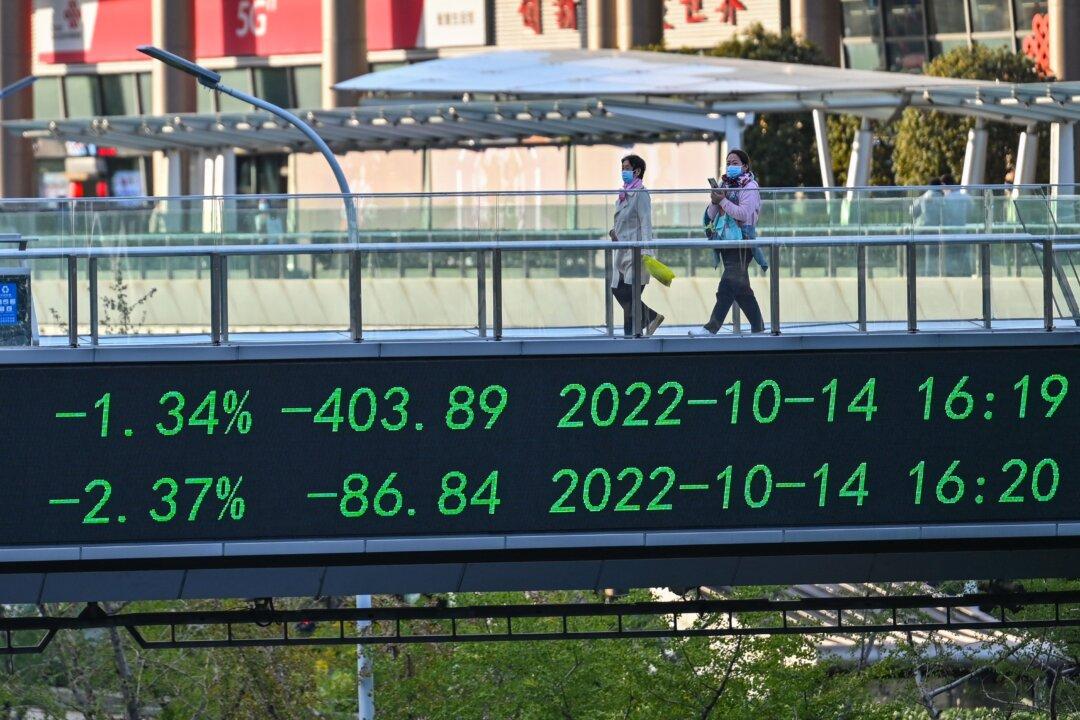China’s stocks are continuing to meltdown in the new year, and further plummeted on Feb. 2. In response to the negative movements in the market, authorities at the central bank of China—the People’s Bank of China—announced a total fine of 34.46 million yuan ($4.8million) for China’s six major rating agencies, including S&P Credit Ratings (China).
Economists believe that the punishment directed at the six major rating agencies is related to things that the firms said which China’s ruling Chinese Communist Party (CCP) didn’t like, such as revealing the real situation of China’s economy.




